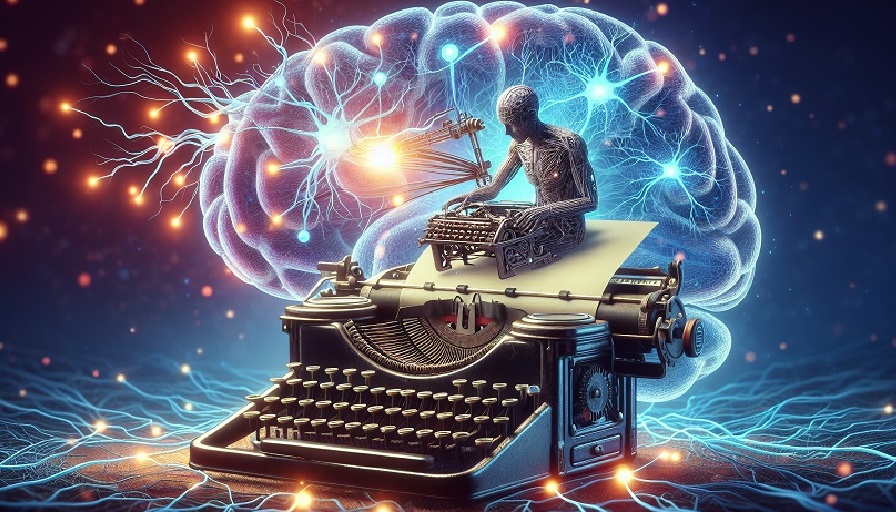
Yes, some studies suggest that electrical brain stimulation can modestly enhance learning speed by modulating neural activity, but the effects are variable, temporary, and still experimental. Methods like transcranial direct current stimulation (tDCS) and transcranial alternating current stimulation (tACS) show potential, though safety, consistency, and long-term impacts remain under investigation.
Contents
What Is Electrical Brain Stimulation?
Electrical brain stimulation refers to techniques that apply weak electrical currents to the scalp to influence neural activity. Unlike invasive methods used in clinical settings for conditions like Parkinson’s disease, non-invasive brain stimulation (NIBS) is designed to be low-risk and accessible for research and potential cognitive enhancement. The goal is to nudge neurons into more optimal firing patterns that support learning, memory, or focus.
Main Types of Non-Invasive Stimulation
- tDCS (Transcranial Direct Current Stimulation): Uses a constant, low-level current to modulate cortical excitability. Some studies suggest it can make neurons more responsive during learning tasks.
- tACS (Transcranial Alternating Current Stimulation): Delivers oscillating current at specific frequencies, intended to synchronize brainwave patterns that underlie attention, memory, or problem-solving.
- TMS (Transcranial Magnetic Stimulation): Uses magnetic fields instead of direct current. It is FDA-approved for depression treatment and is also studied for cognitive modulation.
How Electrical Stimulation Might Enhance Learning
Learning involves strengthening neural connections through plasticity. Electrical stimulation may support this process by:
- Enhancing plasticity: Making neurons more likely to fire and form new connections during learning tasks.
- Targeting brain regions: Stimulating areas like the prefrontal cortex can support working memory and decision-making.
- Synchronizing rhythms: Aligning stimulation with natural brainwave frequencies may boost attention and information retention.
Research Evidence
Research findings are mixed but intriguing:
- Studies show that tDCS applied to the motor cortex can accelerate motor skill learning, such as typing or playing an instrument.
- tDCS over the prefrontal cortex has been linked to modest improvements in working memory and problem-solving speed.
- tACS tuned to specific frequencies has shown potential in enhancing memory consolidation, though replication remains inconsistent.
- A 2020 meta-analysis concluded that effects are small to moderate and highly dependent on stimulation parameters and individual differences.
Potential Benefits
- Faster skill acquisition: May help learners pick up new tasks more quickly.
- Memory support: Could improve encoding or recall in specific contexts.
- Clinical potential: Being studied for conditions like ADHD, depression, and age-related cognitive decline.
Limitations and Risks
Despite the excitement, electrical brain stimulation has important caveats:
- Effects are often short-lived and task-specific.
- Not all individuals respond; some may even experience impaired performance.
- Overuse may disrupt natural brain rhythms or plasticity.
- DIY devices sold online pose risks due to uncontrolled current levels and improper electrode placement.
Ethical Considerations
The possibility of artificially enhancing learning raises ethical questions. Should students, professionals, or athletes be allowed to use brain stimulation for performance? Could it widen inequalities if access is limited? These questions remain part of the ongoing debate around cognitive enhancement technologies.
Evidence-Based Alternatives for Enhancing Learning Speed
- Sleep optimization: Deep sleep consolidates learning and memory more reliably than stimulation.
- Physical exercise: Boosts blood flow, neurogenesis, and brain-derived neurotrophic factor (BDNF).
- Deliberate practice: Structured repetition with feedback is proven to accelerate mastery.
- Mindfulness: Meditation improves attention and working memory capacity.
Electrical brain stimulation can, under certain conditions, enhance learning speed by modulating neural plasticity and synchronizing activity. However, the effects are modest, inconsistent, and far from a guaranteed cognitive boost. For now, brain stimulation should be seen as an experimental tool with potential therapeutic applications rather than a shortcut to accelerated learning. Evidence-based practices such as sleep, exercise, and focused study remain the most reliable ways to enhance brain performance.

